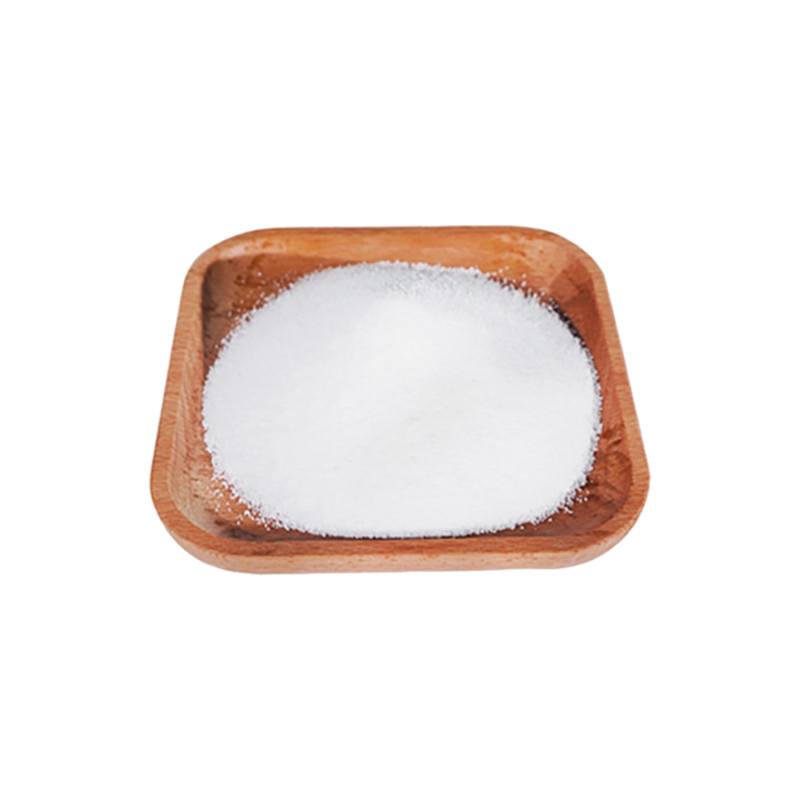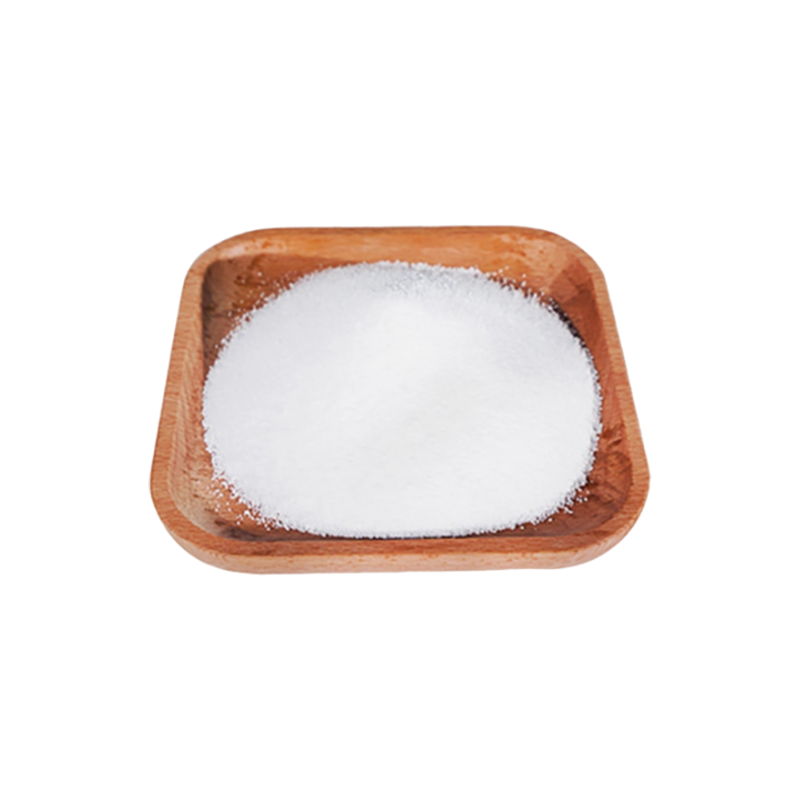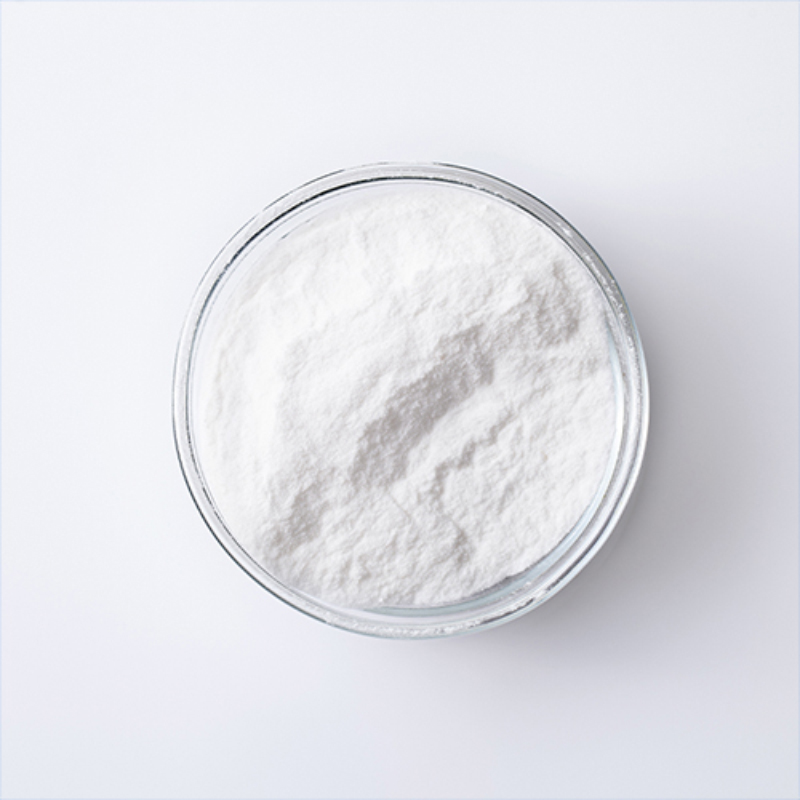Q
what is the chemical formula of epoxy resin
I'm a seasoned industrial engineer with a keen interest in machine learning. Here to share insights on latest industry trends.
I'm a seasoned industrial engineer with a keen interest in machine learning. Here to share insights on latest industry trends.
You May Like
Yes, aspartic acid is indeed an amino acid. Amino acids are organic compounds that serve as the building blocks of proteins. There are twenty standard amino acids, which are classified into essential and non-essential categories based on whether the human body can synthesize them or not. Aspartic acid, also known as aspartate, is one of the twenty standard amino acids and is considered non-essential because the body can produce it independently. It has a chemical formula of C4H7NO4 and a molecular weight of approximately 133.09 g/mol. Aspartic acid plays a vital role in several biochemical processes, including protein synthesis, neurotransmitter function, and energy production. Its unique side chain, which carries a negative charge at physiological pH, makes it particularly important in the structure and function of many enzymes. In addition to its biological functions, aspartic acid is used in various applications, such as food additives and pharmaceuticals.
As of 2022, the European Food Safety Authority (EFSA) classified titanium dioxide (E950) as not safe for human consumption, leading to its ban as a food additive in the EU. This decision was based on concerns that titanium dioxide particles could induce DNA damage, potentially leading to carcinogenic effects. Before this, titanium dioxide was widely used in various products, including foods, paints, and sunscreens, for its whitening and brightening properties. The prohibition in food products marks a significant shift towards prioritizing consumer safety, although titanium dioxide may still be found in non-food items under certain regulatory constraints. Manufacturers within the EU have been adapting by seeking alternative ingredients that fulfill the same function without the associated health risks.
Yes, Titanium Dioxide is allowed in Europe but under some restrictions. As of 2020, The European Food Safety Authority has expressed concerns over the safety of Titanium Dioxide as a food additive (E171). As of May 2022, EU has banned use of Titanium Dioxide as a food additive. However, it is still used in other products like cosmetics and sunscreens.
Magnesium amino acid chelate and magnesium glycinate often get confused but have differences primarily in their specific amino acid content. Magnesium amino acid chelate refers to magnesium connected to a mixture of various amino acids forming a stable compound, which is designed to enhance the mineral's absorption by the body. On the other hand, magnesium glycinate is a specific form of magnesium chelated with glycine, an amino acid known for its calming properties and effectiveness in improving sleep quality. Both forms are highly bioavailable, but magnesium glycinate is often recommended for those specifically seeking the additional benefits of glycine. Despite the distinction, both serve the primary purpose of providing magnesium in an absorbable form, often with fewer gastrointestinal side effects compared to other forms like magnesium oxide.
You May Like
Q&A
- •how to untangle yarn
- •how to repair broken polyethylene sprinkler line
- •is silicon dioxide the same as titanium dioxide
- •how to mix two part epoxy resin
- •how much z offset 3d printer
Popular Information
- •GACL receives National Safety Award
- •AMAI elects Ajay Virmani as President and Aditya A. Shriram, Vice President
- •The Price of Caustic Soda Rose Strongly This Week (September 19-23)
- •SABIC SK Nexlene expands capacity of Korea nexlene plant for polyolefin material solutions
- •Chlor-alkali 2022: Key factors driving China’s markets
















